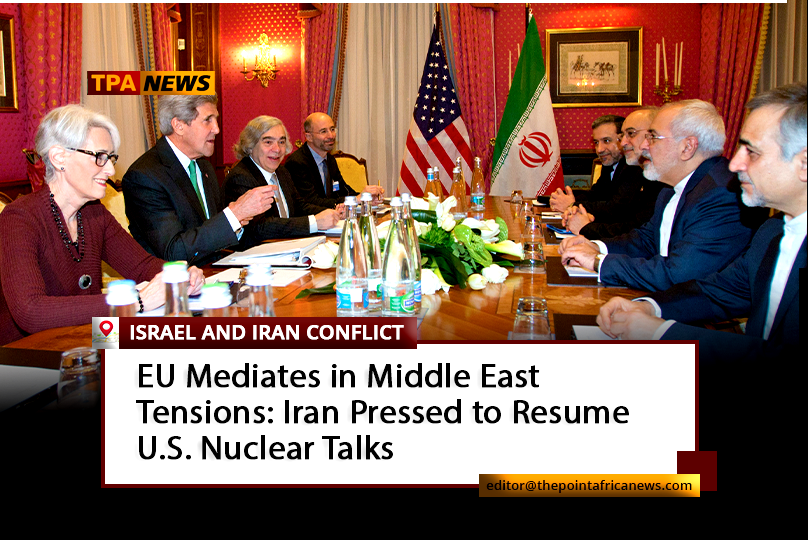
By: TPA News Desk | editor@thepointafricanews.com
In a concerted push to de-escalate tensions in the Middle East, European leaders have called on Iran to rejoin stalled nuclear talks with the United States, warning that the growing conflict between Israel and Iran threatens regional and global security.
At a high-level meeting in Geneva this week, diplomats from the United Kingdom, France, Germany, and the European Union met with Iranian Foreign Minister Abbas Araghchi to advocate for a return to diplomacy. The talks come amid intensifying military exchanges between Iran and Israel, raising fears of a broader war that could destabilize the region and impact global markets.
British Foreign Secretary David Lammy urged Iran to return to negotiations “without delay,” stating that “there is no military solution to the current crisis.” He reiterated that the European Union’s priority is to prevent nuclear proliferation and to promote peaceful dialogue. “Iran must not possess nuclear weapons,” Lammy said, adding that continued escalation would serve no one.
The European delegation expressed strong support for reviving the 2015 nuclear agreement framework, from which the U.S. withdrew in 2018. European leaders have stressed that diplomatic engagement is the only sustainable path forward — not only to contain nuclear risks but to restore stability across the region.
Iran, however, remains firm in its position that it will not return to talks with the U.S. unless Israeli airstrikes on Iranian territory cease. In a statement released Thursday, Foreign Minister Araghchi said: “If Israel halts its aggression and is held accountable for its violations of international law, Iran is ready to consider diplomatic alternatives.”
Behind the scenes, informal communication channels appear to be open. According to sources familiar with the discussions, indirect messages have been exchanged between U.S. and Iranian officials, facilitated by European envoys.
While no formal breakthrough has been announced, the European-led diplomatic efforts are seen as critical in slowing the pace of escalation. Observers note that renewed diplomacy could offer a crucial window to avoid full-scale regional conflict.
The World Health Organization and United Nations have both warned of potential humanitarian fallout if fighting spreads. Oil markets have already responded with volatility, and security analysts caution that a broader war could disrupt global supply chains and increase refugee flows.
The European Union has positioned itself as a neutral mediator and is urging all parties—including the United States—to exercise restraint and return to the negotiating table. “Our collective interest lies in peace, not in war,” said French Foreign Minister Catherine Colonna.



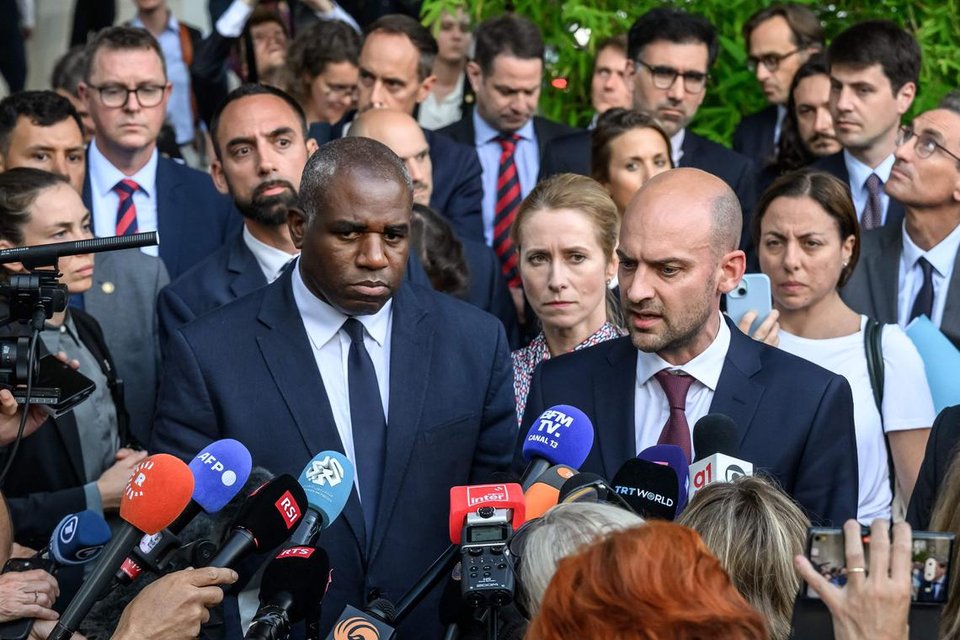
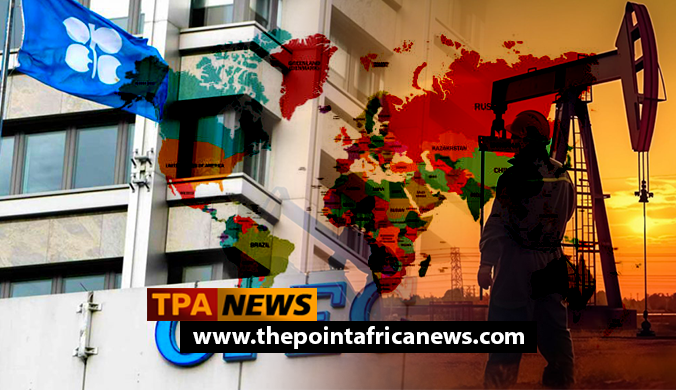
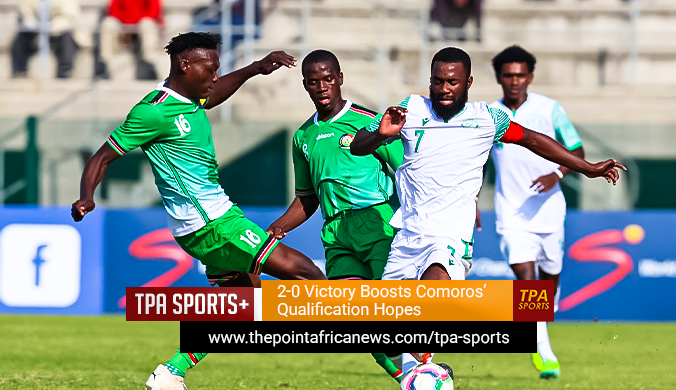
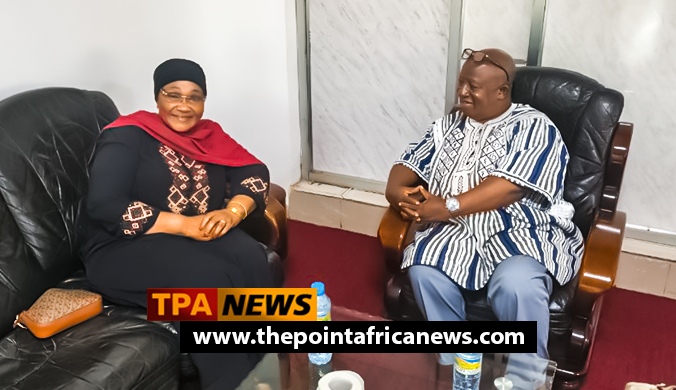

Leave a Reply